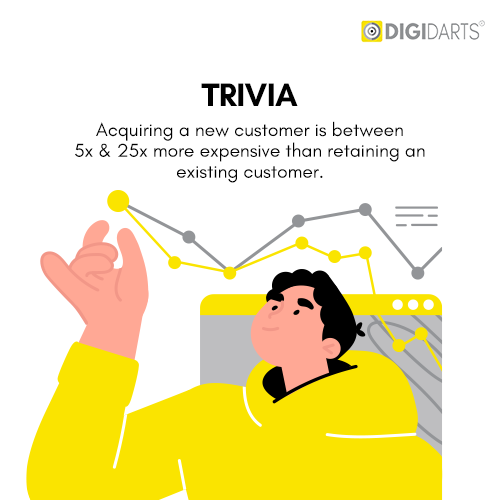In the ever-evolving world of digital marketing, staying ahead is more out of necessity than principle. As businesses aim to optimize their marketing strategies, the importance of predictive analytics continues to grow. Utilizing machine learning in predictive Lifetime Value modeling is becoming increasingly relevant, enhancing the role of Artificial Intelligence in this field. This is a new approach to LTV modeling and some of the best performance marketing agencies have already started incorporating this in their marketing efforts for their client. Now you would wonder- what’s the essence of leveraging AI and ML and why are these agencies incorporating this? This blog will give you a better insight.

Getting Predictive LTV Modeling Right
LTV is one of the most critical marketing metrics, estimating the total revenue that a business can reasonably expect from a single customer account during its relationship with the firm. Predictive LTV modeling aims to predict customer LTV based on historical data. It would thus enable firms to adopt a forward view with regard to the structuring of their marketing strategies, allocate resources more effectively, and in the process drive customer loyalty and profitability.
Enhancing LTV Predictive Modeling with AI and ML
AI and ML technologies have enabled making the LTV predictive model more accurate, dynamic, and efficient. Here's how such technologies are put in place:
Data Processing and Handling
AI and ML can handle large amounts of data, from demographic information to user behavior and purchase histories. These technologies allow much faster treatment of big chunks of data both in processing and analysis than is possible by traditional methods and hence expose the patterns and insights that are often blind spots for human analysts. This greatly benefits the task of predictive LTV modeling, where the quality and granularity of analyzed data influence highly the accuracy of the prediction.
Higher Accuracy with Advanced Algorithms
Normally, these machine learning algorithms have gained information from the data over time, hence improving its prediction as more data becomes available. It uses a learning approach to improve the accuracy of the LTV predictions. The more powerful algorithms that predict customer behavior and LTV have been found to be regression trees, neural networks, and ensemble methods.
Segmentation and Personalization
AI-driven models offer businesses the chance to segment their customers more effectively, considering various characteristics that could potentially affect LTV, whether it's a buying pattern, product preference, or level of activity. This makes for more individualized targeting with marketing tools, honed into the needs and special potential value that separate customer segments can be.
Dynamic Adaptation
Market conditions, customer preferences, and behaviors do keep changing all the time, and AI and ML models are expertly developed to reflect these changes in a dynamic way. These can update their predictions continually, based on new data, in order to assure the validity and efficiency of the marketing strategies.

Challenging and Considerations
While AI and ML bring a lot of potential in predictive LTV modeling, some challenges are in order:
Data privacy: With increasing reliance on personal data, there is also a need for responsibility regarding how to store privacy and abide by regulations.
Biased Data: AI models may inadvertently learn biases present in the data used for training and then make biased or prejudiced predictions.
Integration Complexity: Integrating AI into systems is intricate and resource-heavy due to its complexity. This process demands careful planning, robust infrastructure, and skilled professionals for successful implementation.
Conclusion
Predictive LTV modeling with AI/ML is at the forefront of performance marketing. This will be realized by enterprises that are able to harness their full relationship value with the customers through accurate predictions, personalized marketing strategies, and dynamic decision-making. As AI/ML continues to evolve, no doubt the role of a performance marketing agency will be further reinforced by bringing in new ways to leverage and boost customer profitability for their client.















